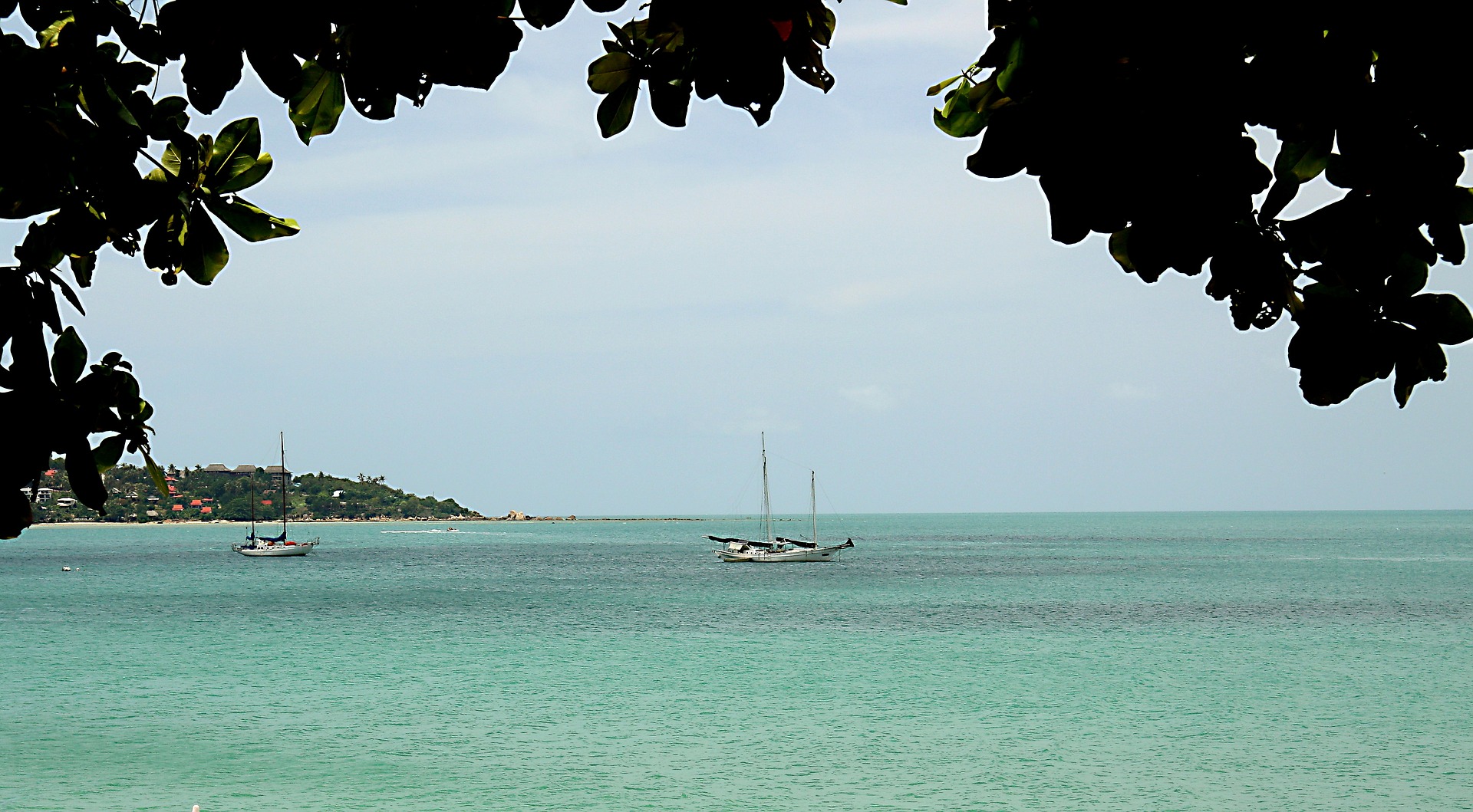The Hidden Details of Planning a Sea Trip

I’ll tell you what – if I didn’t harbour a deep-running love for the process of sailing a boat then I would have sold my sailboat a long time ago, a very short time after buying it. I mean it’s all good and well seeing pictures of what appears to be a royally good time had on deck, but there’s a whole lot more to not only owning a boat, but maintaining it and actually getting it out to sea. There are so may hidden details which form part of the sailing trip planning process and it’s not a matter of just waking up one day and deciding to set sail.
Adequate Supplies
This seems simple enough a task when preparing to set sail, that of stocking up on the supplies you’ll need by way of groceries, toiletries and clean clothing amongst others. It’s a lot more complicated though because you have to deal with what are effectively exportation and importation laws, with the transportation of items of higher value making for a mini customs nightmare.
Naturally you’re limited for space on a sail boat and then there’s the issue of having to deal with the storage and discarding of perishable goods. It’s a lot of hard work, trust me.
The Dynamic Sea Route
Even with the most sophisticated of integrated sailing instruments aboard something like a brand new super yacht, sailing or cruising the seas is very different to something like driving on the road with your voice-guided GPS. Sea routes are dynamic – they change as quickly as the tide along with the conditions out at sea and you’re constantly having to adapt on the go. That doesn’t mean there’s not much preplanning though. In fact, a lot of the preplanning is about what to do when things inevitably change, so it doesn’t apply in my case (since I roll in a sailboat), but this would entail something like making sure you have lots of fuel in reserve if you were cruising.
Maritime Protocol
Maritime protocol seems to be changing every other week and it could very well change while you’re heading to the destination in which it has changed. Keeping up with all the dynamic changes is a full time job in itself.
In Case of Emergency
Who would have ever thought that retaining a Norfolk accident lawyer could ever have anything to do with planning a sea trip? Maritime law is a lot like the rules of the road with respect to the fact that you’re in a sense operating some kind of motor vehicle. Whether you’re in a car, bus, train, boat or on a motorcycle, you need to know exactly what you’d have to do in the event of an accident.
